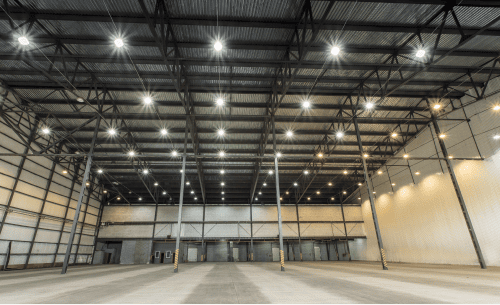Our Services
driven by results
Asset Management
Our property management division is equipped to take care of the end-to-end process with expertise across all asset classes within the industry.
-
Tailored Management Services
Every property is unique, and we treat it as such, with services shaped by your needs.
-
Competitive Fees
Our commercial property management has you covered with full, upfront transparency and no surprises.
-
Tenant Management
Our continuous service maintains positive relationships with tenants with quality tenants to reduce vacancy and improve rent payment compliance.
-
Quality Controlled Repairs
Access a trusted local trade network, regularly reviewed, and vetted based on workmanship and fair pricing.
-
Dedicated Support
Count on us for the fast, ongoing support you deserve.
-
A Simplified
ApproachHandover the complexities of property management to us to free up your own valuable time.
“Our commitment to our clients is to deliver an unrivaled client management experience”.
ABOUT US
Our Why, Our Values, Our Story

BLOX Commercial is a bespoke innovative agency that pride ourselves in taking an individual approach to each property. We deliver more than just exceptional results. We truly believe that value is a combination of experience, reputation, and connection. The commitment we give to our clients is a long-lasting relationship based on integrity, trust and respect. That's why we take great pleasure in receiving referrals and fostering repeat business, as it reaffirms our passion for what we do, day in and day out.

Our point of difference is embedded in our core values of:
-
Trust
Our commitment lies in cultivating strong relationships, embodying unwavering reliability, and fostering an environment of respect and confidence.
-
Transparency
Driving openness, honesty, and clear communication in all interactions and transactions.
-
Growth
We pride ourselves on a high-energy, growth mindset. Aligned in our belief that client service is at its best when we are at ours.
“Tailored sales, leasing, and management services, across Sydney and New South Wales.”
SALES & LEASING
With expertise in negotiation, meticulous operational practices, and a reputation as trusted advisors, we possess the art of deal-making.

At BLOX Commercial our extensive network and strong business relationships give our clients a distinct advantage when it comes to selling or leasing commercial properties. We offer a wide range of services tailored to meet their specific needs.
Our track record speaks for itself, as we consistently achieve positive outcomes and maintain long-standing relationships with our clients.


With our connections and business partnerships, we provide a competitive edge for our clients in the commercial real estate market. Whether they are private investors, institutions, corporate clients, or developers, we deliver exceptional services catered to their requirements.
Through agile, proactive, and innovative marketing strategies, we ensure the fastest possible identification of the best tenants and buyers, always prioritizing our clients' needs as our primary mission.
"Our core values lie in passion for exceptional service, unwavering commitment to quality, and a drive for innovation."
WHAT'S YOUR PROPERTY WORTH?
Submit an interactive appraisal lodgment to determine your assets sale or lease value.
TENANT REPRESENTATION
Whether you're looking for a warehouse, office or retail premises, let us connect your business with the right property.

SITE SELECTION & LEASE NEGOTIATION
We act exclusively as your independent representative to scout and negotiate premises for your business. We tailor each property strategy to reflect the client’s unique business objectives to assist in navigating and negotiating with the market to maximise savings, minimise risk and secure space that is most suited to their needs.
Utilising our market intelligence and strong negotiation skills to deliver cost effective sol strategic partners to help you save valuable time, minimise downtime, reduce risk and ensure we achieve rate and the best possible lease terms.

HERE’S HOW WE DO IT
OUR PROCESS
-
IDENTIFY
We analyse and evaluate your business needs, establish a timeline in keeping with existing commitments, we will analyse how much space you need, and financial objectives to ensure we find the perfect property.
-
SITE IDENTIFICATION
We identify analyse and shortlist on market and off market opportunities.
-
EVALUATE
Detailed due diligence planning and evaluating the suitability of the premises.
-
LEASE NEGOTIATIONS & ACQUISITION
We strategically leverage factors such as location, building vacancy rates, fit-out costs, incentive levels and the market outlook to secure you the best possible deal.
-
COMMERCIAL REVIEW
Reviewing lease documentation and assisting legal counsel to ensure all agreed commercial terms are accurately reflected in the lease.
-
RELOCATION
We coordinate the disposal of surplus space through Assignment of Lease or subleasing. We negotiate terms providing a full release of all commitments via a surrender of lease from the Landlord or Owner-occupiers. We can assist and manage the disposal or Leasing of surplus Premises.
Engaging a tenant representative will level the playing field and save you time and money.
CLIENT REVIEWS
FAQS
CONTACT US
Work with an agency that won't just treat you as just 'another client'.
"*" indicates required fields






